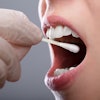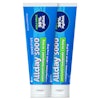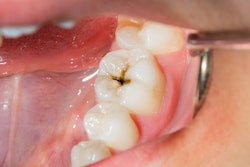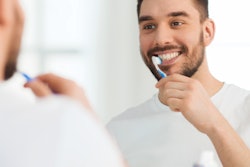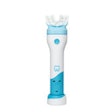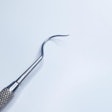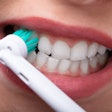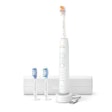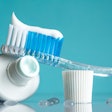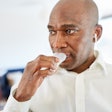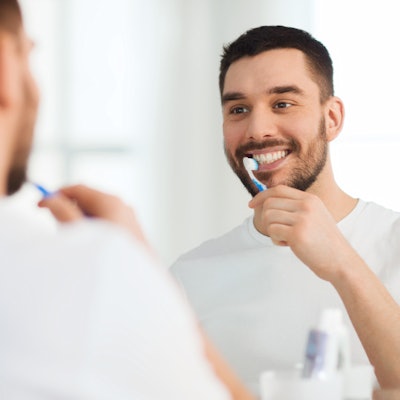
Dentistry touts the importance of regular brushing and flossing, but more than one-quarter of dentists say they don't brush their teeth at least twice per day, according to a survey by Berxi, a venture within Berkshire Hathaway Specialty Insurance.
The company surveyed 1,300 U.S. patients and dental professionals on their oral hygiene habits and concerns. In findings published in May, respondents shared how much money they spend on oral healthcare each month, their preferred methods of care, and their least favorite aspects of visiting the dentist.
The results shed light on the state of oral healthcare habits in the U.S. Below are four key takeaways.
1. Most people don't brush twice daily.
A total of 28% of dental professionals said they do not use mouthwash daily, and 27% said they brush their teeth once a day or less. Many skipped tongue scraping despite the benefits attributed to the practice.
As for patients, more than half (52%) of patients flossed less than once per day. Nearly 50% brushed their teeth once a day or less.
2. Dental professionals regularly visit the dentist.
A total of 84% of dental professionals had seen a dentist in the past year. Their main complaints were mouth sores and bleeding gums. This may be attributed to their use of whitening strips, which have been shown to cause these issues.
However, nearly half of the patients surveyed said they had not visited their dentist within the past year, and 16% had not seen a dentist in over three years. When they did visit the dentist, it was for intense pain.
3. Dental offices are stressful for many.
Patients generally found aspects of visiting the dentist more stressful than professionals, but many dental professionals rated aspects of visiting the dentist as stressful.
Fluoride treatment was 30 times more likely to be rated as stressful by patients compared to professionals. Other major concerns reported among patients included having a cavity drilled (46.4%), having teeth scraped or scaled for plaque (41.1%), and the possibility of receiving bad news (39%).
In comparison, dentists found waiting in the waiting room (46.6%) to be the most stressful part of visiting the dentist. Dental professionals also reported experiencing stress over calling to schedule an appointment (44.9%) and reported a fear of contracting COVID-19 (43%).
4. Big differences exist in oral care spending between patients and dental professionals.
As part of the survey, patients and dental professionals were asked to share how much they spend per month on oral care and the cost breakdown across products. The median dollar amount spent on dental products was more than 10 times higher among dental professionals than patients. Patients spent an average of $20 per month, while the median spent by dental professionals was $250.
Professionals' higher bill was due to the purchase of more expensive items, such as an electric toothbrush instead of a manual toothbrush or a water flosser instead of regular dental floss. Professionals are also more likely to use whitening mouthwash and teeth whitening strips, which are products that need to be replaced monthly when used regularly.
The expense that differed the most between patients and professionals was teeth straightening. About 4% of the average population spent money on teeth straightening, while about 37% of dental practitioners did.
